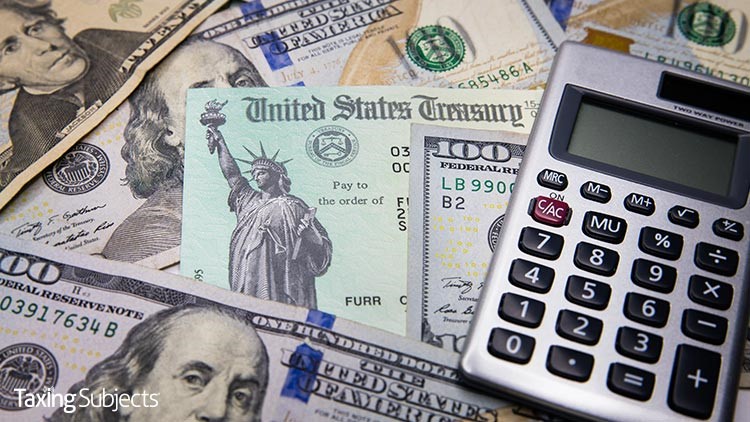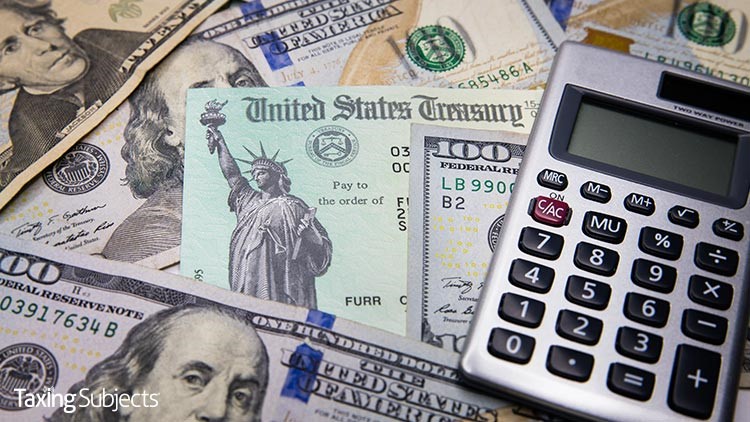
Anyone who doesn’t normally file a tax return but hasn’t already received an Economic Impact Payment (EIP) is urged by the IRS to take advantage of its “National EIP Registration Day.”
While the official day was marked on Nov. 10, those non-filers still without an EIP have until Nov. 21 to register for one. National EIP Registration Day was part of the agency’s concentrated push across the U.S. to make sure every eligible American gets registered before the deadline in order to receive a payment this year.
The special event featured support from within and without the tax community—including those who work with low-income and underserved communities. These groups helped to spread the word about the new Nov. 21 deadline and in some cases, provided special support for people who still need to register for the payments on IRS.gov.
An IRS letter led the way.
Earlier this fall, the IRS sent nearly 9 million letters to people who appear to qualify for an Economic Impact Payment, but don’t nearly file a tax return.
To help tax pros and other partners reach out to non-filers, the IRS posted a zip-code-level breakdown of the number of those letters. The letters urge people to use the Non-Filers: Enter Info Here tool, available only on IRS.gov.
“Our partner groups have been vital to our efforts to reach many underserved communities,” said IRS Commissioner Chuck Rettig. “Already, millions of Americans have successfully used the Non-Filers portal and received their Economic Impact Payment. Registration is quick and easy, and we urge everyone to share this information to reach as many people before time runs out on Nov. 21.”
It was a team effort.
Many partner groups have been working with the IRS on this project. They’ve been helping to translate and and to make Economic Impact Payment information and resources available in 35 languages. The IRS has also been conducting a multilingual push on social media to support the final registration drive.
Since the Non-Filers tool launched in the spring, nearly 8.3 million people who normally aren’t required to file a tax return have registered for the payments. The IRS continues to work to reach others who haven’t used the tool yet, which led to this fall’s mail-out and the Nov. 10 registration event.
The online tool is designed for people with incomes typically below $24,400 for married couples, and $12,200 for singles who could not be claimed as a dependent by someone else. This includes couples and individuals who are experiencing homelessness.
Normally, an eligible individual who registers will get a $1,200 payment if they are single—or $2,400 if they’re married and file a joint return. If they have dependent children, they qualify for an additional $500 for each qualifying child.
Registrants who use the Non-Filers tool can speed up their payment by opting for direct deposit. Those not choosing direct deposit will get their payment by paper check sent through the mail.
Two weeks after they register, applicants can track their payment’s status through the Get My Payment tool on IRS.gov.
For other information on Economic Impact Payments, go online to IRS.gov and visit the Economic Impact Payment Information Center.
Source: IR-2020-253

